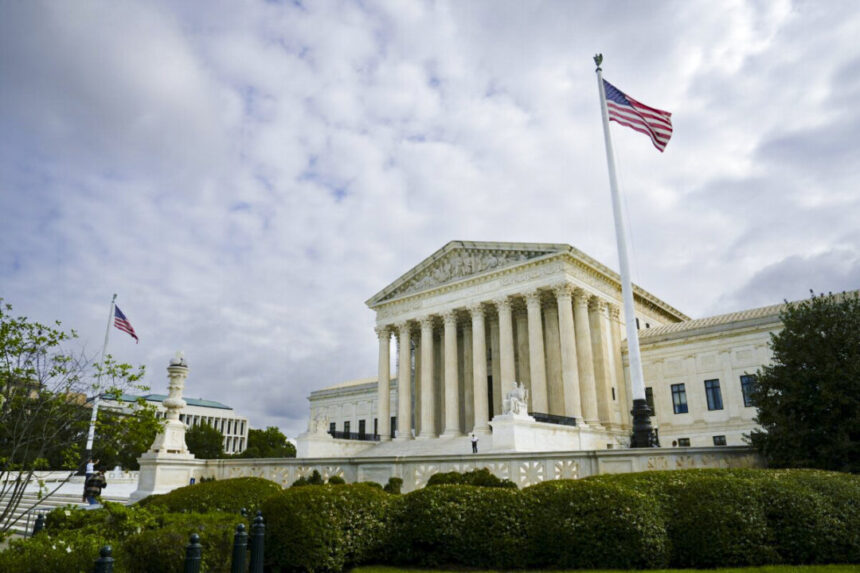Federal judges have halted the enforcement of the federal government’s Title IX rule in 26 states as legal battles continue in the courts. The U.S. Supreme Court recently ruled 5-4 against the federal government’s attempt to partially implement the rule in 10 Republican-led states. The court upheld lower court orders blocking the rule in Louisiana and nine other states that challenged it. At the heart of the controversy are provisions related to sex-based discrimination, sexual orientation, and gender identity. The rule also covers gendered pronouns and sex-separate spaces in educational settings.
The federal government had requested the Supreme Court to lift the injunction partially, allowing certain provisions to take effect while keeping others blocked. However, the court agreed to maintain the block on key changes sought by the government, including redefining “sex-based discrimination” to include gender identity and restrictions on sex-separated spaces. The rule went into effect on August 1 in some states but remains blocked in a majority of states due to ongoing legal challenges.
The cases brought before the Supreme Court involved states like Louisiana, Mississippi, Montana, Idaho, Tennessee, Kentucky, Ohio, Indiana, Virginia, and West Virginia, as well as various school districts and Christian educators’ associations. Critics of the rule, such as Louisiana Attorney General Liz Murrill, argue that it infringes on Title IX’s protection of female students and employees.
The Department of Justice sought emergency relief from the Supreme Court, arguing that the lower court’s injunctions were overly broad and blocked numerous provisions unrelated to gender identity. However, the court’s majority upheld the lower courts’ decisions, stating that the challenged provisions were intertwined with other parts of the rule. Four justices dissented, arguing that the injunctions were too broad and went beyond addressing the specific harms alleged in the cases.
Overall, the legal battle over the enforcement of the Title IX rule continues, with the Supreme Court’s recent ruling impacting its implementation in several states. Could you please rephrase that?
Source link





